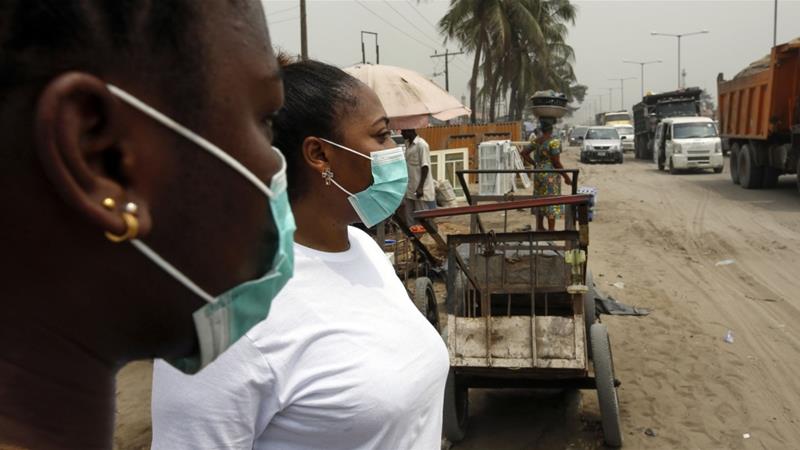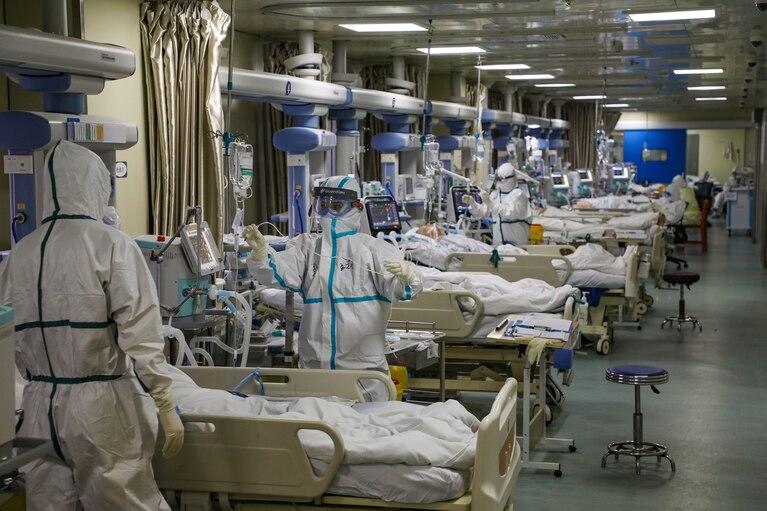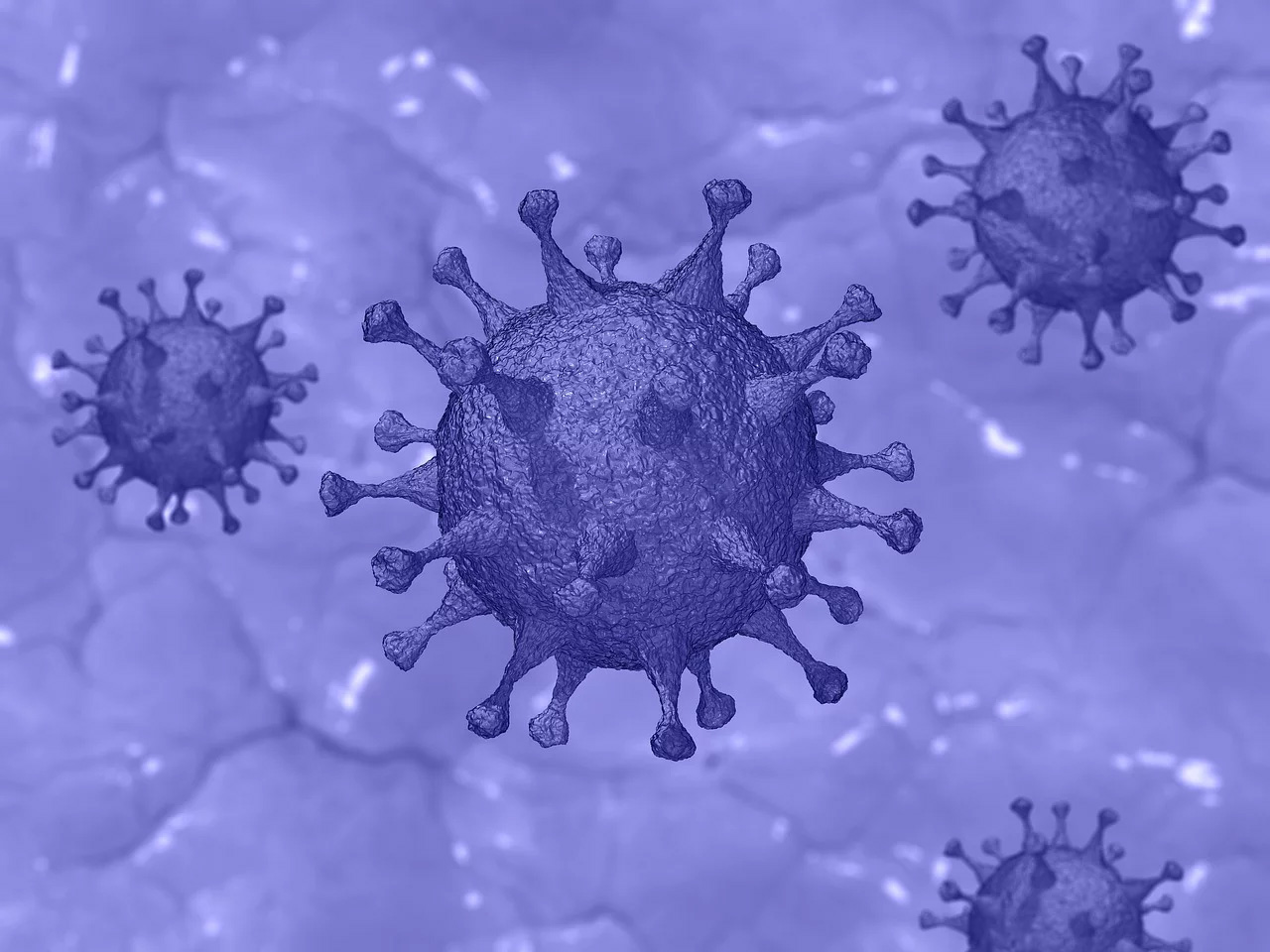BY PEDI OBANI, CHISANIM MAXWELL AND OMOLE IYAYI
Gender is a critical element in disease preparedness, outbreak and control. Nonetheless, it is often neglected in policy responses at various levels, from the international to the local.1 While many of the common diseases posing significant challenges to global health affect both women and men, gender roles and relations influence and vary the impacts of some disease on men and women. As such, a clear understanding of the impact of each disease on men and women is crucial for effective policy design to support disease prevention, control and recovery and gender and health equity.
Women have historically been underrepresented in health institutions and in decision making processes around disease outbreaks in Nigeria. Nonetheless, female healthcare professionals have played a prominent role in the early handling of the Ebola outbreak and more recently COVID-19. Dr. Ameyo Adadevoh is widely credited with curtailing the wider spread of the Ebola virus in Nigeria in 2014.3 She properly diagnosed the index case, Patrick Sawyer, and placed him in quarantine despite pressures to discharge him. Similarly, the index case of COVID-19 was detected by a female doctor, Dr. Amarachukwu Karen Allison, in Ogun State.4 The case is an Italian national that arrived Nigeria on 24 February 2020 through Lagos.
Most reports of COVID-19 cases indicate the number of confirmed cases, recoveries, deaths, whether the cases were imported or transmitted locally or communally, with indication of the nationality of affected persons in some instances. There is hardly any disaggregation of the number of COVID-19 cases among women and men, respectively. Initial figures from Lagos, Nigeria however indicate that 70% of cases are males while 30% are females with age band most affected being 30-39 years. In addition, 16% of these cases are foreign nationals while 84% are Nigerians.5 As of 5th April, 2020, the Nigeria Centre for Disease Control (NCDC) reported 224 confirmed cases, 27 recovered, and five deaths from COVID-19 throughout the country, without disaggregating the cases according to sex.6
Advertisement
Based on national experience with controlling Ebola, most states in Nigeria, including those yet to record COVID-19 cases have started implementing closure of all land, air and sea ports, markets and schools, and enforcing telecommuting for all but essential workers and top management in public organisations, as part of measures to curb transmission rates. Early indications from the news reports and anecdotal evidence suggest that women are disproportionately affected by most of these measures due to their care giving roles and loss of income being mostly engaged in the informal sector. Furthermore, the dense population and poor water, sanitation and hygiene infrastructure in most markets where mostly women sell increase the risk of local transmissions of COVID-19.
Women have less access to internet than men due to a variety of social and economic reasons. They are therefore likely to suffer more exclusion during quarantine and will be less effective telecommuting. Most women who engage in petty trading and small-scale businesses, are being forced to shut down their businesses due to quarantine and economic slowdown. The additional responsibility of caring for young children due to school closures is also mostly borne by women. There will be an increase in the volume of domestic and general workload for women, especially those who are telecommuting. These factors are likely to increase the mental and emotional strain on women.
Depression is common among women of child bearing age, with women living in low- and middle-income countries being particularly at high risk.7 Studies in Nigeria have reported preponderance of females as victims of depressive mental disorder.8 64·4% females had depression when compared to 35·6% in a study of ambulant patients attending outpatient clinics in South-eastern Nigeria.9 This finding is in tandem with global gender epidemiological pattern for depression.10 Hence, the need for increased clinical care and dedicated helplines for psychological support for women as part of the public health response to the COVID-19 pandemic.
Advertisement
Some contributions of the authors
Pedi Obani – Conceptualisation, study design, data collection, data analysis, writing;
Chisanim Maxwell – Data collection, data analysis, writing;
Omole Iyayi – Study design, data collection, editing
Advertisement
Obani is of the department of jurisprudence and international law, University of Benin, Edo state. He can be reached via: Email: [email protected]
Iyayi lectures at the dpartment of business administration, University of Benin.
Maxwell is of Southlands Surgery, Ryhope, Sunderland, SR2 0RY, United Kingdom
Advertisement
Views expressed by contributors are strictly personal and not of TheCable.






